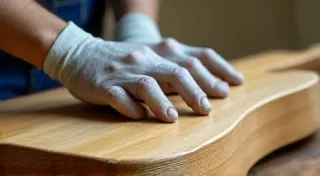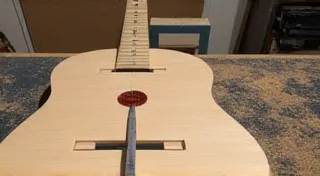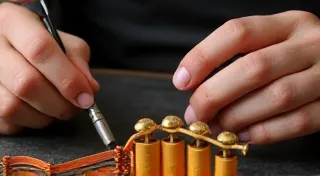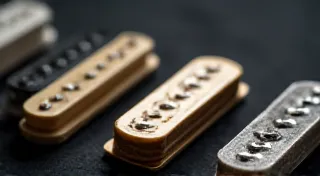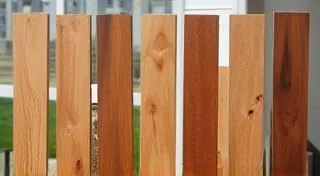Essential Tools for Beginner Guitar Builders
Building your own electric guitar is a hugely rewarding experience. But before you start cutting wood and winding pickups, you need the right tools. This guide breaks down the essential tools for beginner guitar builders, prioritizing affordability and quality. We’ll cover what to buy first and give you a solid foundation for future guitar-building adventures.
Prioritizing Your Purchases: What to Buy First
It’s tempting to buy everything at once, but it’s better to build your tool collection gradually. Here's a suggested order for purchasing tools, splitting them into "Must-Have," "Nice-to-Have," and "Advanced" categories. Before you even think about the tools, though, you need a plan! Considering designing your own simple guitar plans can save you headaches later on. Understanding the scale length is critical to that planning process, and a handy simple scale length calculator can be a huge help in ensuring accurate measurements and comfortable playability.
Must-Have Tools (Get These First!)
- Measuring Tools: Accuracy is critical in guitar building.
- Tape Measure: A standard 25-foot tape measure will do.
- Combination Square: For marking 90-degree angles.
- Ruler: A 12-inch metal ruler.
- Cutting Tools: You need to be able to cut wood accurately.
- Hand Saw: A backsaw or coping saw is good for curved cuts.
- Jigsaw: A power jigsaw is helpful for more complex shapes.
- Clamping Tools: Holding pieces together while glue dries is essential.
- Bar Clamps (4-6): 6-12 inch length is versatile.
- Spring Clamps: A handful of these for smaller tasks.
- Sanding Tools: Smooth surfaces are key to a professional finish.
- Sandpaper (Variety of grits): 80, 120, 180, 220, 320, 400.
- Sanding Block: A simple foam block.
- Marking Tools:
- Pencils: A couple of sharp pencils.
- Sharpie: For marking lines that need to be visible.
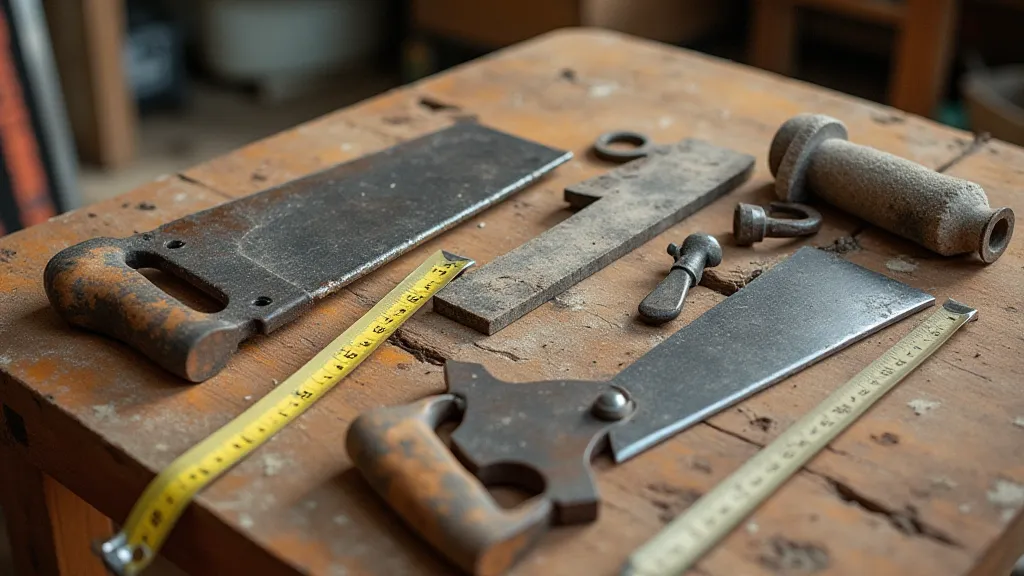
Nice-to-Have Tools (Build Over Time)
- Router: For shaping edges and cutting grooves (a significant investment).
- Drill/Driver: A cordless drill/driver is invaluable for hardware installation.
- Files: For shaping and smoothing curves.
- Chisels: For precise woodworking.
- Fret Saw: Specifically designed for cutting fret slots (if you're installing frets yourself).
- Digital Multimeter: If you're building the electronics.
Advanced Tools (Later Down the Line)
- Thickness Planer: For precise wood thicknessing.
- Bandsaw: For cutting curves more efficiently.
- Spray Gun: For professional-quality finishes.
Tool Recommendations (Budget-Friendly Options)
You don’t need to spend a fortune to get started. Here are some recommendations for affordable tools that won't break the bank: Choosing the right wood is also a crucial step. Understanding tonewoods can dramatically affect the final sound, and the resources available for choosing your wood for a DIY electric guitar are plentiful. Be sure to consider how your wood selection pairs with the plans you’re following.
- Harbor Freight: Offers surprisingly decent tools at very competitive prices. Read reviews carefully!
- Amazon Basics: Often a good option for basic hand tools.
- Garage Sales/Estate Sales: You can often find quality used tools at bargain prices.
Safety First!
Always wear appropriate safety gear when working with tools. This includes:
- Safety Glasses: Protect your eyes from flying debris.
- Hearing Protection: Power tools can be loud.
- Dust Mask/Respirator: Especially important when sanding. The type of wood you're working with can significantly impact the level of protection you need – some woods release harmful dust particles.
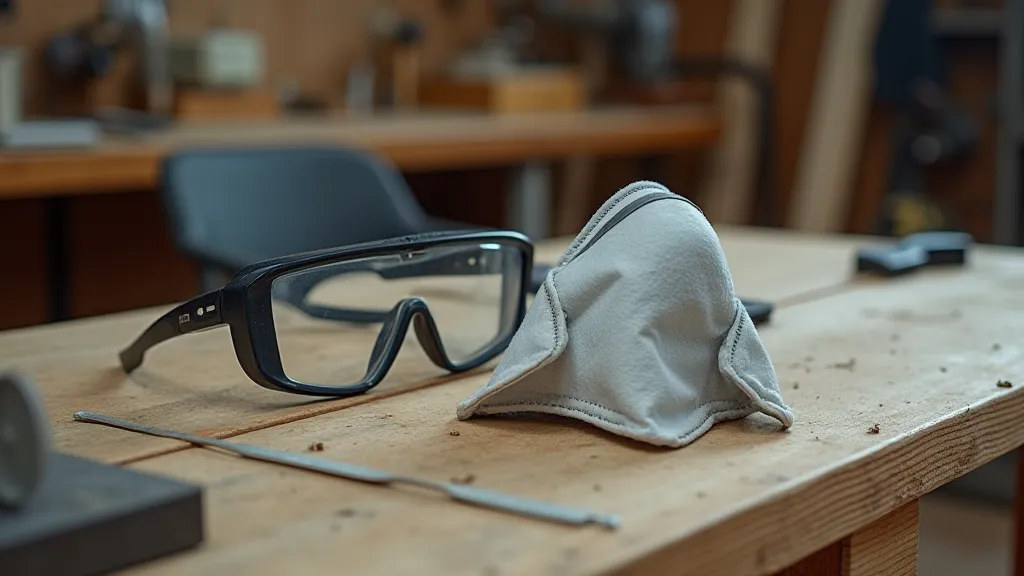
Beyond the Tools: Resources and Learning
Having the right tools is only half the battle. Take the time to learn how to use them safely and effectively. There are tons of resources available online, including:
- YouTube Tutorials: Search for "guitar building techniques" or specific tool tutorials.
- Online Forums: Connect with other guitar builders and ask questions.
- Books & Magazines: For more in-depth instruction.
Furthermore, it’s worth noting the intricacies of solid body guitar construction. For those embarking on their first build, a comprehensive guide to your first electric guitar: A beginner's guide to solid body construction can be invaluable, covering everything from neck angle to pickup routing.
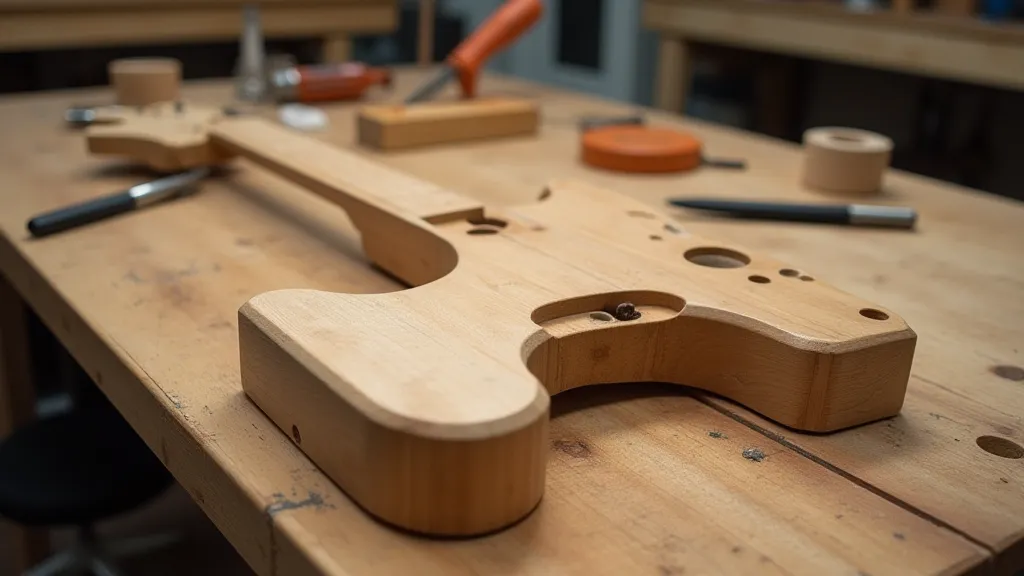
Building your own electric guitar is a journey. Start with the essential tools, learn along the way, and enjoy the process! Remember to constantly research and refine your techniques as you progress. Don't be afraid to experiment and, most importantly, have fun!
